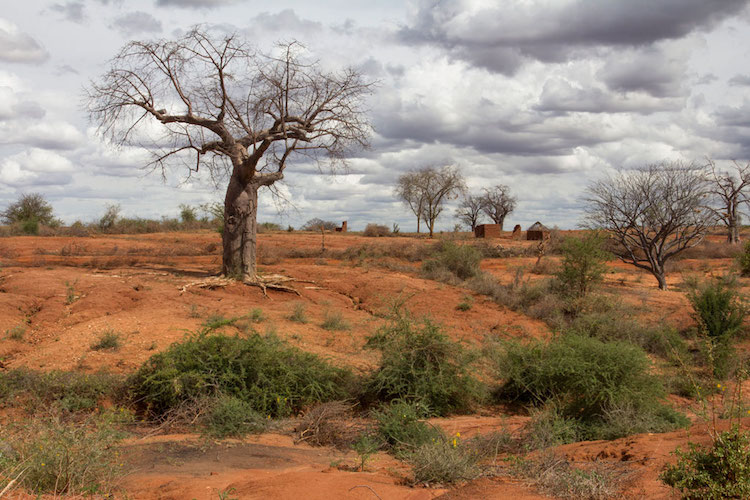Viewpoint by Thomas Marois and Maria Jose Romero *
BRUSSELS (IDN) – Those who work in the world’s public development banks will meet virtually on November 11-12 to discuss their response to the Covid-19 pandemic and their role in a more sustainable future.
This new summit, which they have called ‘Finance in Common’ (FiC), will also bring together the governments that own them and other key stakeholders from the public and private sectors, civil society, think tanks and academia.
This aims to be a big gathering, as it will unite over 400 public development banks, which are part of a universe of over 700 public banks worldwide that control over US$40 trillion in assets. So far so good.
Now for the tricky bit.
The coronavirus crisis has confronted us with critical challenges. According to the World Bank, the additional financing needs for developing countries arising from the crisis will be exceptionally high and are likely to persist over the medium term.
As World Bank President, David Malpass, revealed in October poverty is expected to rise in 2020 for the first time since 1998, with the institution projecting that by 2021 an additional 110 to 150 million people will have fallen into extreme poverty, living on less than US$ 1.90 per day.
Public development banks – and here we are talking about multilateral institutions, but also often overlooked national banks like Germany’s KfW, India’s NABARD, Colombia’s Findeter, and the Development Bank of Southern Africa – are in a unique and powerful position to play a major role in tackling this multifaceted crisis.
These institutions are capable of – and should be – strengthening public health systems, supporting small businesses, delivering on the climate crisis and contributing to the fight against poverty and inequalities. A new multi-partner website – publicbankscovid19.org – details 60 public banks’ Covid-19 emergency responses, and this is but a fraction of the whole picture.
But these public institutions are contested. To function in the ways that are so crucial now, their governing boards and government backers have to push for a major paradigm shift towards the public interest.
For decades now neoliberal advocates have demanded that PDBs prioritise private interests, functioning only in addition to what profit-maximising investors and bankers are unwilling to fund. Public development banks are sought out to enhance the risk-return profiles of private money flowing into infrastructure and essential public services.
This includes healthcare and water and sanitation, which are now so critical. The over-reliance on private finance that has prevailed in the operations of most public development banks has implications for the public purse and has also meant that human rights, social equity and democratic governance are simply pushed aside. This has to change.
Fortunately, because public development banks are contested they are also dynamic institutions. Different societies have fought and succeeded in making these institutions better. In response to popular and political demands, the Nordic Investment Bank, for example, made decarbonisation part of its core mandate.
The Costa Rican Banco Popular y de Desarrollo Comunal is bound by its 2002 ‘Democratisation Law’, which formalises broad-based and gender-equitable decision-making. Since the early 20th century the Bank of North Dakota has provided patient, long-term, publicly-supported financing to its affected community.
Furthermore, all three acted as Covid-19 financial ‘first responders’. None of these banks are perfect, but they point to viable and important banking alternatives that are now desperately needed.
These public banks have the financial power and expertise to build and steer the financial sector and development to a more sustainable and equitable path, promote economic stability and improve standards – for example, through environmental, social or human rights safeguards.
They can direct finance to important sectors or regions that are most in need. They can also encourage structural transformation and promote environmental sustainability by, for instance, providing finance for a much-needed energy transition. This can be done – indeed is already being done – democratically in many institutions.
Here the place of civil society could not be more urgent. The world is at a crossroads as we face the crisis of climate finance and of Covid-19. Millions are being pushed by inadequate action into abject poverty, and global warming is proceeding unabated.
If we do not use the FiC to reclaim public development banks for the public good, it will be a lost opportunity and a tragic outcome for the millions that rely on these powerful institutions to take action for the people and planet they ought to serve. [IDN-InDepthNews – 08 November 2020]
* Thomas Marois is Senior Lecturer in the Department of Development Studies, SOAS University of London and Maria Jose Romero is Policy and Advocacy Manager at the European Network on Debt and Development (Eurodad).
Image credit: Eurodad
IDN is Flagship Agency of the Non-profit International Press Syndicate.

